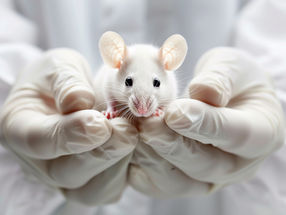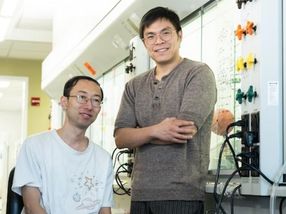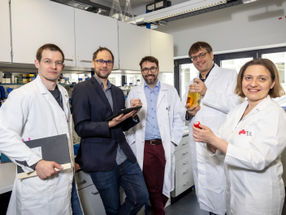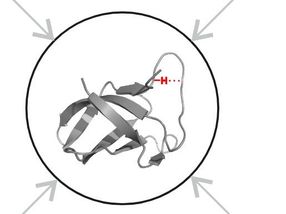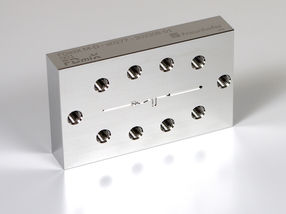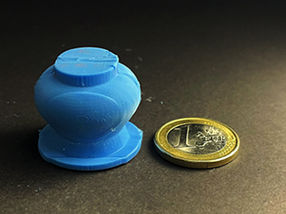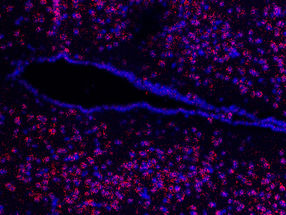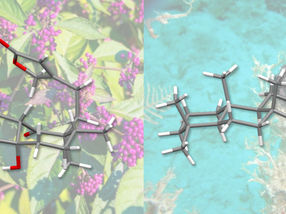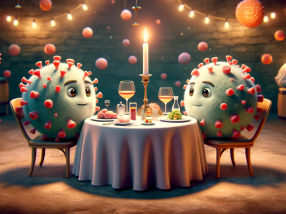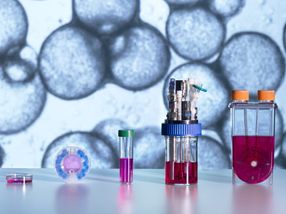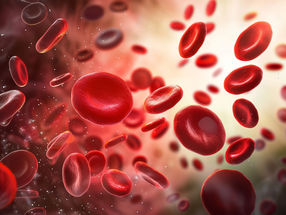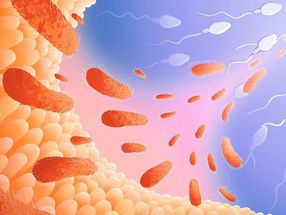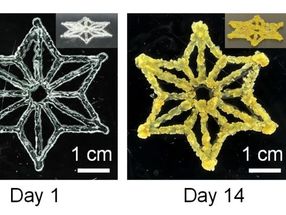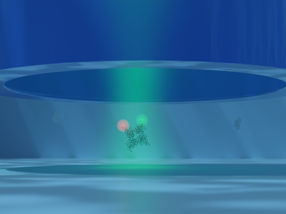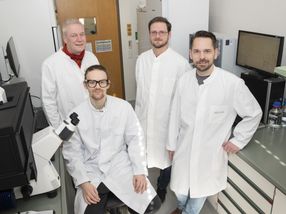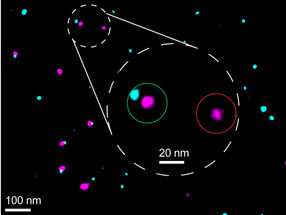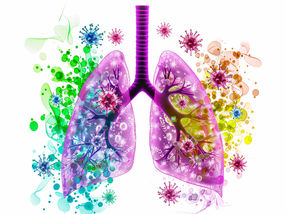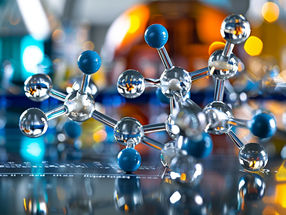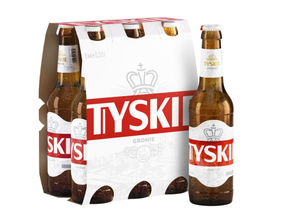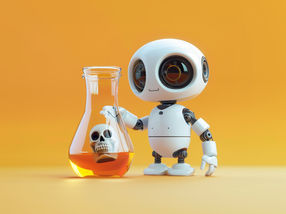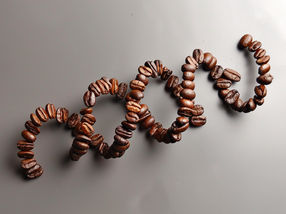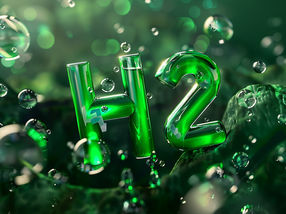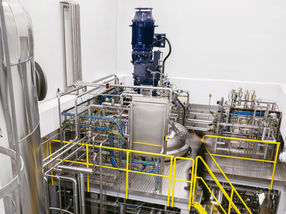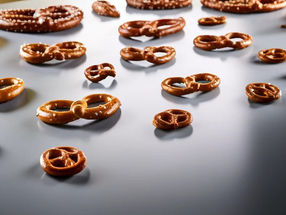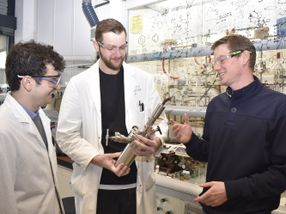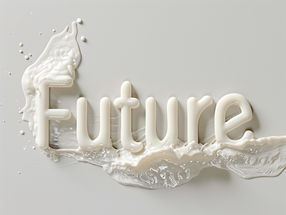Ocean as source of new anti-cancer drugs
16-Sep-2003
Marine organisms found off the Venezuelan coast may offer a source of new drugs for treating cancer.
The British Pharmaceutical Conference heard this week that researchers have been investigating a variety of organisms including sea urchins, clams, algae, snails and holothurians (eg, sea cucumbers) collected from Playa Tocuchare and Playa Culi on the north east coast of Venezuela.
Twenty extracts from these organisms have been analysed using an in vitro assay system (the sulphorhodamine B assay) designed to assess the growth of human cancer cell lines.
"Some outstanding growth inhibition was observed, with IC50 values as low as 1.74mcg/ml, suggesting that these organisms could be very promising sources of novel compounds," reported Ysabel Campos-Santaella, from Universidad de Oriente, Venezuela, who is working with the pharmacognosy research group at King's College London. [The IC50 is the minimum concentration of extract that kills 50% of cells.]
Mrs Campos-Santaella said that the next step in the project would be to isolate and purify the active constituents. This might provide lead molecules for the development of synthetic drugs with anticancer properties and could also identify new mechanisms of action in cancer chemotherapy.
There are precedents for finding drugs from the sea. The established antileukaemia drug cytarabine is a synthetic derivative of a family of compounds found in a Caribbean sponge, and algae and soft corals have also been reported previously as having interesting anticancer and anti-infective properties.
Other news from the department science

Get the life science industry in your inbox
From now on, don't miss a thing: Our newsletter for biotechnology, pharma and life sciences brings you up to date every Tuesday and Thursday. The latest industry news, product highlights and innovations - compact and easy to understand in your inbox. Researched by us so you don't have to.

